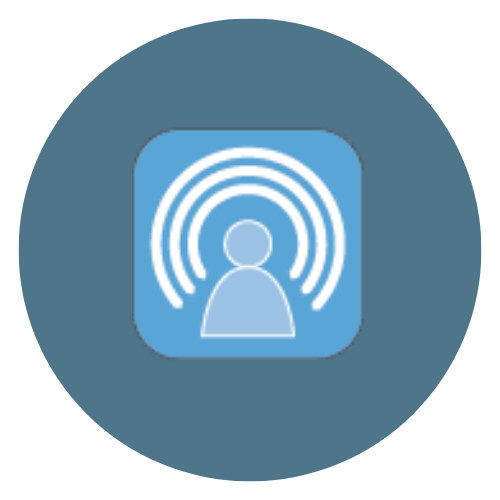Welcome to the UNCLCN Learning Portal
The UNCLCN Learning Portal contains oncology education videos presented by experts in North Carolina and throughout the US.
View our Live Webinars and Self-Paced Online Courses to earn free continuing education credit!
Free Continuing Education credits are available for:
Physicians, Nurses, Pharmacists, Pharmacy Technicians, Radiologic Technologists, and Oncology Data Specialists
Upcoming Live Webinar
|
Featured Course
 |
Patient Centered Care NCPD/CNE • ACPE Trevor Hackman, MD View More Self-Paced, Online Courses |
Ready to Learn!
Please take a look at all our educational offerings. Continuing Education credits are available for healthcare providers in select webinars.
 | Live Webinars |
 | Self-Paced Online Courses |
 | All Webinars |
 | More about us |
Sign up for our newsletter or follow us on social media!
Recent Courses
Lisa M. Gangarosa, MD provides an overview of epidemiologic trends in colorectal cancer (CRC) modifiable and non modifiable risk factors for CRC, and screening strategies for CRC.
|
Oral oncolytics have revolutionized cancer care over the last two decades. Although they provide a more convenient & often more tolerable alternative to traditional chemotherapy agents, their unique mechanisms of action lead to a wide range of potential side effects. In this CPP panel discussion, Aimee Faso, Bianka Patel, and Kevin Chen will discuss the considerations when managing side effects for patients receiving oral oncolytic treatments for various solid tumor and hematologic malignancies.
|
Nancy Vogler, AGPCNP-BC, will discuss the common types of anemia and thrombocytopenia, common causes of each, how the non-hematology provider can best manage patients with anemia and/or thrombocytopenia, and when to refer to hematology.
|
Melissa Jim, MPH will describe our IHS linkage and characterize patterns of cancer incidence among AI/AN by IHS Region. We will discuss sources of AI/AN cancer data. I will also explore the United States Cancer Statistics: Data Visualizations website to show how to find AI/AN cancer data by IHS Region. Accurate cancer data is crucial to develop public health strategies and programs to address cancer disparities.
|
Lori Ramkissoon, PhD will review advancements in molecular oncology and demonstrate how this integration of this testing has advanced treatment strategies and improved patient outcomes for diverse cancer types.
|
Radiation therapy is an integral part of cancer treatment across many disease sites, but the locoregional control benefits must be weighed against the potential toxicities. During this webinar, Kevin Pearlstein, MD, will review the role of radiation in cancer care including basic radiobiologic principles, logistics, and toxicities. He will discuss several recent studies examining the omission of radiation for different solid malignancies and review strategies to identify patients who will benefit the most from radiation.
|

 Facebook
Facebook X
X LinkedIn
LinkedIn Forward
Forward





